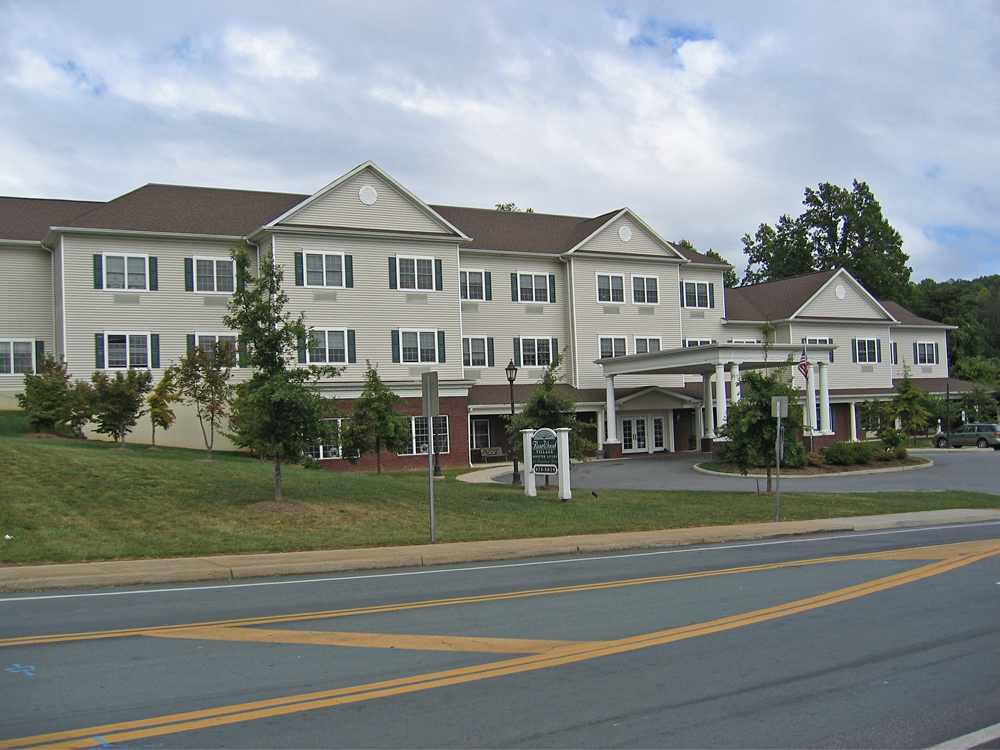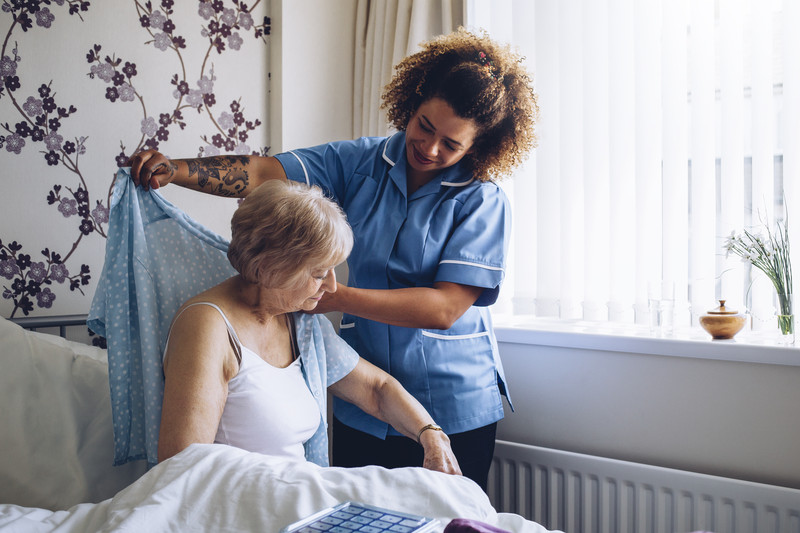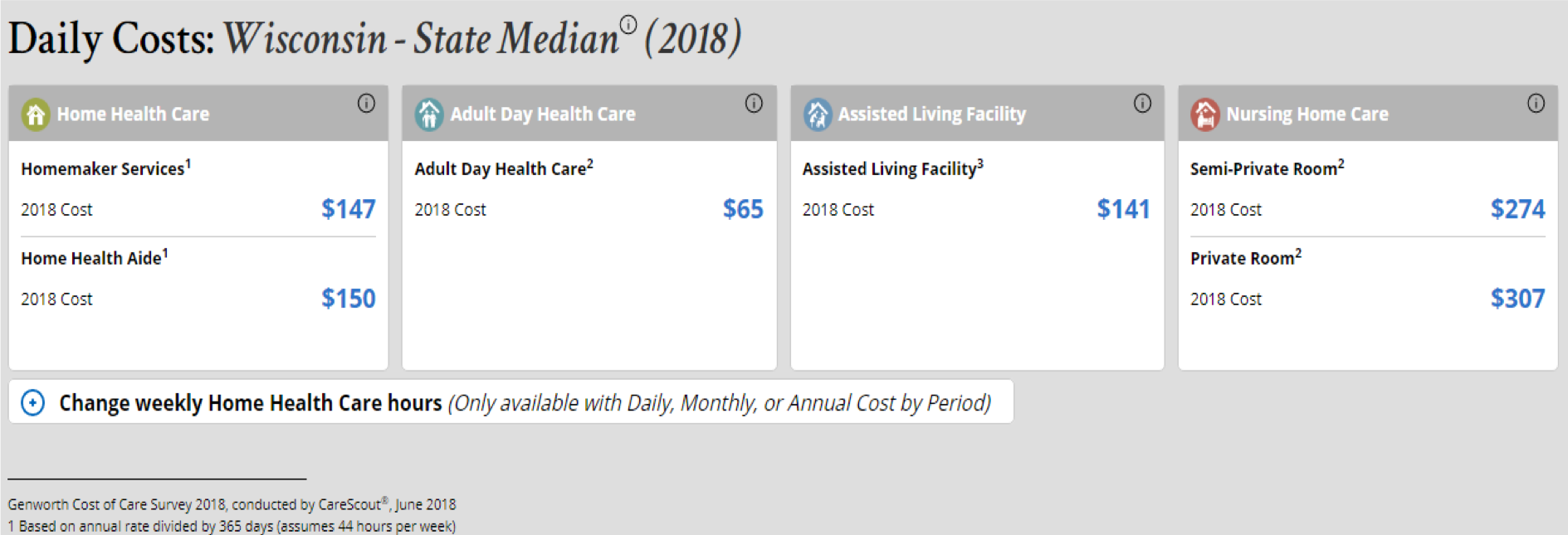What is "Assisted Living"?
Assisted living is a type of care facility that aids seniors with daily tasks. This type of facility does not necessarily provide daily medical assistance like a nursing home.
Assisted living facilities oftentimes provide transportation, housekeeping, laundry, and some medical services. Essentially, assisted living communities are built to help residents stay mobile, active, and safe. While these are all benefits, there is also less privacy and independence living in an assisted living community.

Why Choose Home Care?
|  |
Which is Safer? Home Care or Assisted Living?
We believe that home remains the safest place for you or your loved one.
Indications show that the virus is spread more quickly in larger group or public settings. Possible exposure will remain the lowest for those who are able to stay in their homes with limited outside contact. For this reason, we feel fortunate to be able to provide care that can keep people at home and limit their exposure through personalized care and support.
We are following updates and procedures from the CDC, State Department of Health, local and county authorities, the Home Care Association of America, and other agencies and resources.
We are vigilant about our need to help protect our staff and clients from illness be it the flu, COVID-19, or any other communicable disease.
The following are some of the protocols and procedures we have in place:
- Our staff is trained in infectious disease control.
- Our caregivers should not care for those who exhibit signs of or have been tested positive for the virus as a safekeeping measure for themselves and for their other clients and families.
- Our caregivers have an established protocol to stay home if they are ill with any sickness so as to not infect any of our clients or their family members.
- Our staff follows hygiene procedures directed by the CDC, including vigorous and frequent handwashing with soap and water, use of sanitizing gels (with 70% alcohol level or higher), use of disinfectant wipes to frequently wipe down surfaces, proper coughing and sneezing techniques, disposal of any items that may have virus or bacteria, and much more.
- If any of our staff or their clients should show signs of COVID-19, we will report, isolate and quarantine, as necessary, abiding by national and local guidelines.
At A Glance: Compare Costs
Compare the daily costs of different types of senior care:

The world’s population is aging at a faster rate than ever before, and people are living longer. Every day until 2030, 10,000 Baby Boomers a day will turn 65 and 7 out of 10 people will require long term care in their lifetime.
The cost of that care varies based on care setting, geographic location of care and level of care required, among other things. Knowing the cost is a first step to helping you plan for it.







